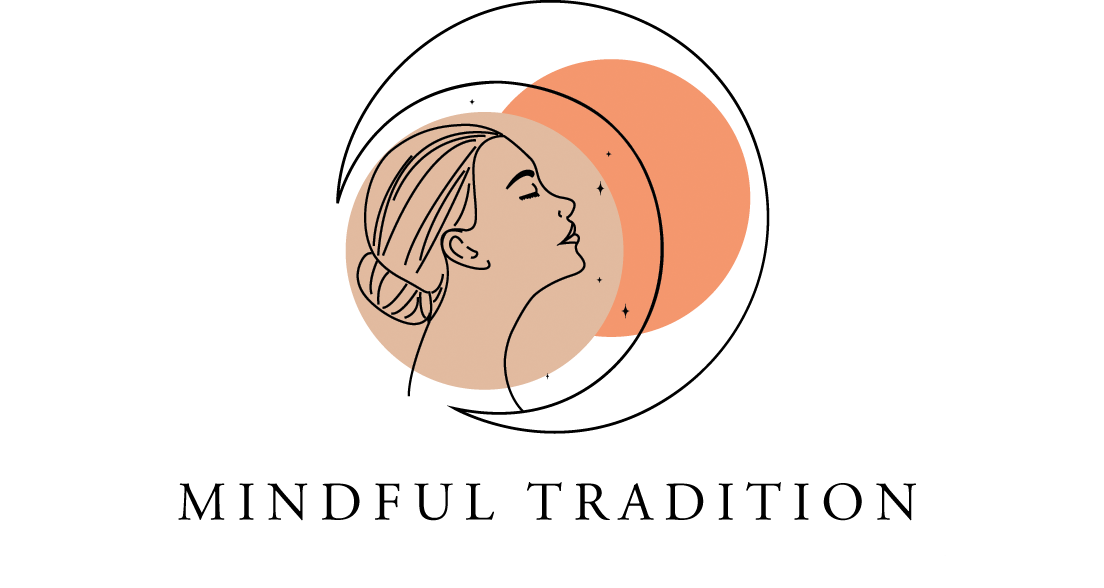Niyama Tradition
Last week we spoke to the Yamas of the Eight Limbs of Yoga as outlined by Patanjali. These five Yamas better known as restrains, give guidance to how to conduct oneself in the world in a harmonious way. The next limb of Yoga is the Niyayas which again is a list of 5 practices. These 5 are in relationship to self discipline or, observances.
Practicing the Niyamas gives us a reminder of the consequences of our actions and reactions to things, which are closely kin to our inner life. This is because how we respond to things is a reflection of our inner life and inner work. In my experience when I mindfully work with these five sutras I feel more at harmony with the world and people around me.
When we combine these practices with the 5 Yamas as outlined in last weeks post we create an existence in harmony with the universe. I would never imply that I have mastered all of these areas. However I time and time again turn to these guidelines in moments of stress. When I feel the world becoming more than I can handle I use the lens of the Yamas and Niyamas to figure out where my life is misaligned and creating disharmony.
I believe any one of these Niyamas could be a whole life’s work. So just begin to sit with the ideas of these observances. Let them be in your waking consciousness, and see what comes up for you. If something bubbles up that you want support with then please reach out to me, because I am here for you. Any one of these 5 guidelines can be worked with by any person, you need only have an open heart. So reach out today and start your Niyama Tradition.
1. Saucha - Cleanliness. We are a product of our immediate surroundings. Our objects require our reverence and care. If you have something in your home that you are ambivalent about, then rid yourself of it. By creating a clean physical and emotional space we create the space for things to come towards us.
2. Santosha - Contentment. I believe that in modern society we confuse contentment with boredom. How can you be at peace with what is. Not ask for anything else, not need a distraction or social media, but just be? Ask yourself where can you pare down and find an appreciation for what already is. Strive to find that summertime hammock swinging in the breeze mentality to all aspects of your life.
3. Tapas - Self Discipline. This is the work that furthers your personal development and understanding of the world and its divine purpose. This is anytime you choose to read something over binge watching Netflix, or show up on the Yoga mat. It is the constant evolution of self. Take stock of the things you do that further your development. This could be in the food you eat, the content you watch, listen to, and read, how you spend your free time and even the relationships you have. If none of these things are aiding you, where can you make small changes to start?
4. Svadhyaya - Self Study. It is common to hear people speak to “finding themselves”, which at its core is Svadhyaya. It is to be aware of oneself, strengths, weaknesses, highest self and shadow side. It has been said that the greatest knowledge you can ever have is the knowledge of self. Begin by simply identifying some goals in your life. And then as you go on during your day ask yourself “Did that action aid or hinder my goal?” The key here is being honest with oneself and that can be difficult at first, so make sure as you are asking yourself this question to do so without judgement. Svadhyaya is a practice of observation.
5. Ishvara Pranidhana - Surrender. The removal of ones ego, including expectations and judgements is required to surrender. How do we allow the divine wisdom of the universe to flow freely and in doing so become a conduit for that divine wisdom? Ask yourself where are the places in your life that you are controlling and what would happen if you just let things play out? What would happen if you just trusted that everything would be ok? Begin to open yourself to what is outside of yourself and surrender yourself also to the infinite beauty and wisdom that is around you at all times.
If any of these topics really speaks to you and you want to explore it further please reach out, because I am always down for some philosophical convo. It may also be that one of these observant paths is the beginning of your life’s work of finding your Mindful Tradition. Either way I am here for you friend.
